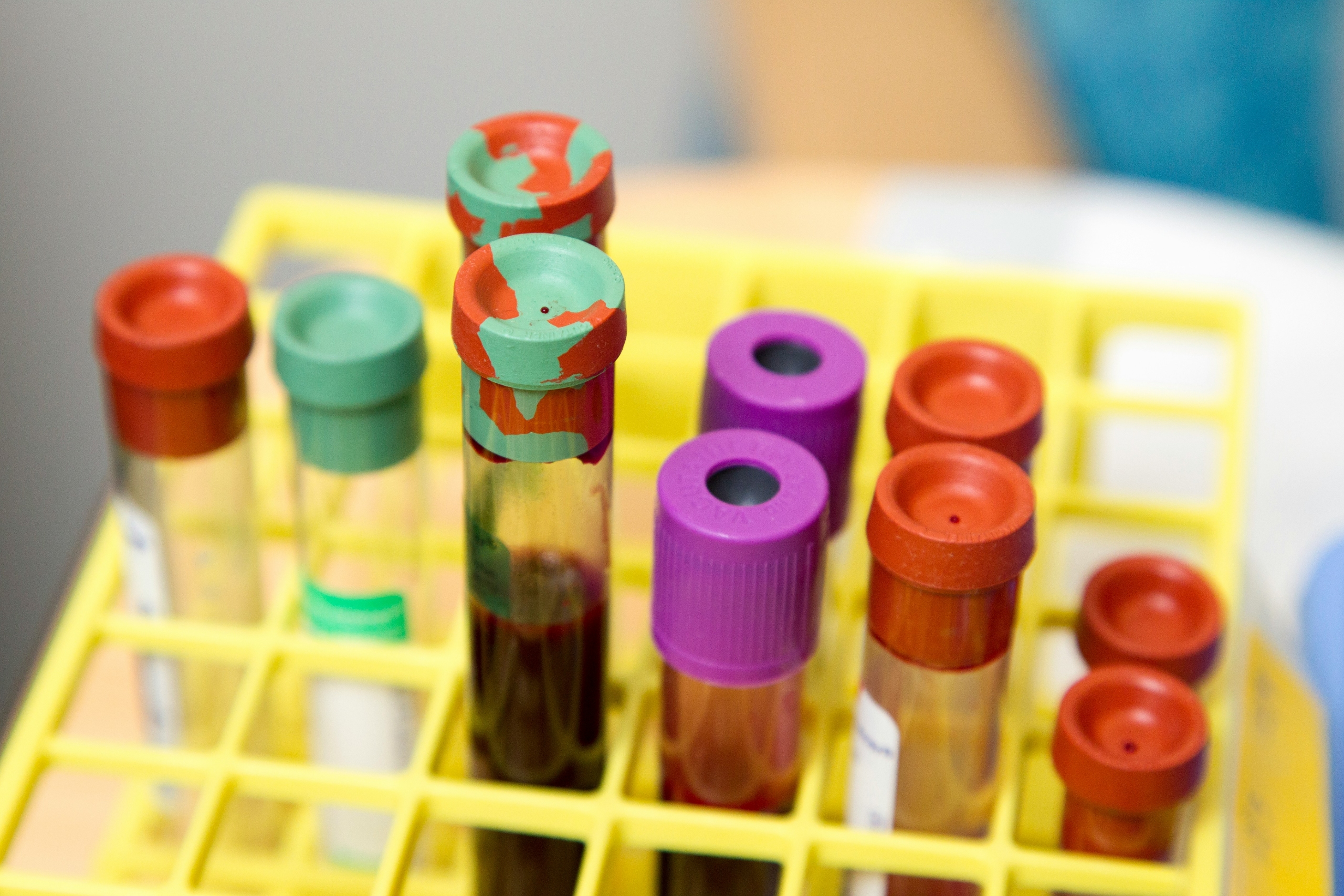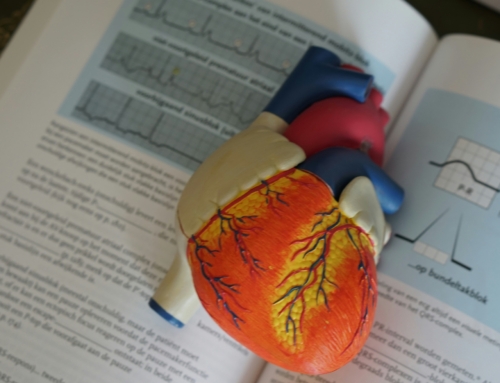Essential Blood Markers to Monitor
Lipid Panel
Total Cholesterol (150-250 mg/dL)
“The relationship between serum cholesterol and cardiovascular disease (CVD) risk is more nuanced than previously believed, with evidence suggesting that very low cholesterol levels may not necessarily be better.”
HDL (High-Density Lipoprotein)
- Men: >40 mg/dL
- Women: >50 mg/dL
“HDL cholesterol levels above 40 mg/dL for men and 50 mg/dL for women are considered protective against heart disease.”
Triglycerides
- Optimal: <150 mg/dL
- Ideal: <100 mg/dL
“Low-carbohydrate diets consistently show significant reductions in triglyceride levels.”
Metabolic Markers
Fasting Blood Glucose
- Optimal range: 70-90 mg/dL
- Conventional range: 70-100 mg/dL
“Fasting glucose levels below 90 mg/dL are associated with optimal metabolic health.”
– PubMed
HbA1c (Glycated Hemoglobin)
- Optimal: <5.7%
- Pre-diabetic: 5.7-6.4%
- Diabetic: >6.5%
“HbA1c below 5.7% indicates normal glucose metabolism.”
Fasting Insulin
- Optimal: <8 µIU/mL
- Functional range: <5 µIU/mL
“Below, we’ve summarized comments from five Levels advisors—all suggest that fasting insulin should stay below 10 μU/mL.”
– Levels
Additional Important Research
- Cardiovascular Disease Risk Factor Responses to a Type 2 Diabetes Care Model
- A Low-Carbohydrate, Ketogenic Diet to Treat Type 2 Diabetes
- Impact of a Ketogenic Diet on Metabolic Parameters
When to Test
Recommended Testing Schedule
- Baseline (Before Starting):
- Complete metabolic panel
- Lipid panel
- Thyroid function
- Complete blood count
- Vitamin D
- Follow-up Testing:
- 3 months: Basic metabolic panel
- 6 months: Comprehensive testing
- Annually: Full panel review
Important Notes for Working with Your Doctor
- Share your dietary approach
- Request comprehensive testing
- Track trends over time
- Consider working with a low-carb friendly physician (Low Carb USA Provider Directory)
Important Note: Reference ranges can vary by laboratory and population. Always consult with a qualified healthcare provider for interpretation of your specific results. This article is for informational purposes only and should not be considered medical advice.






